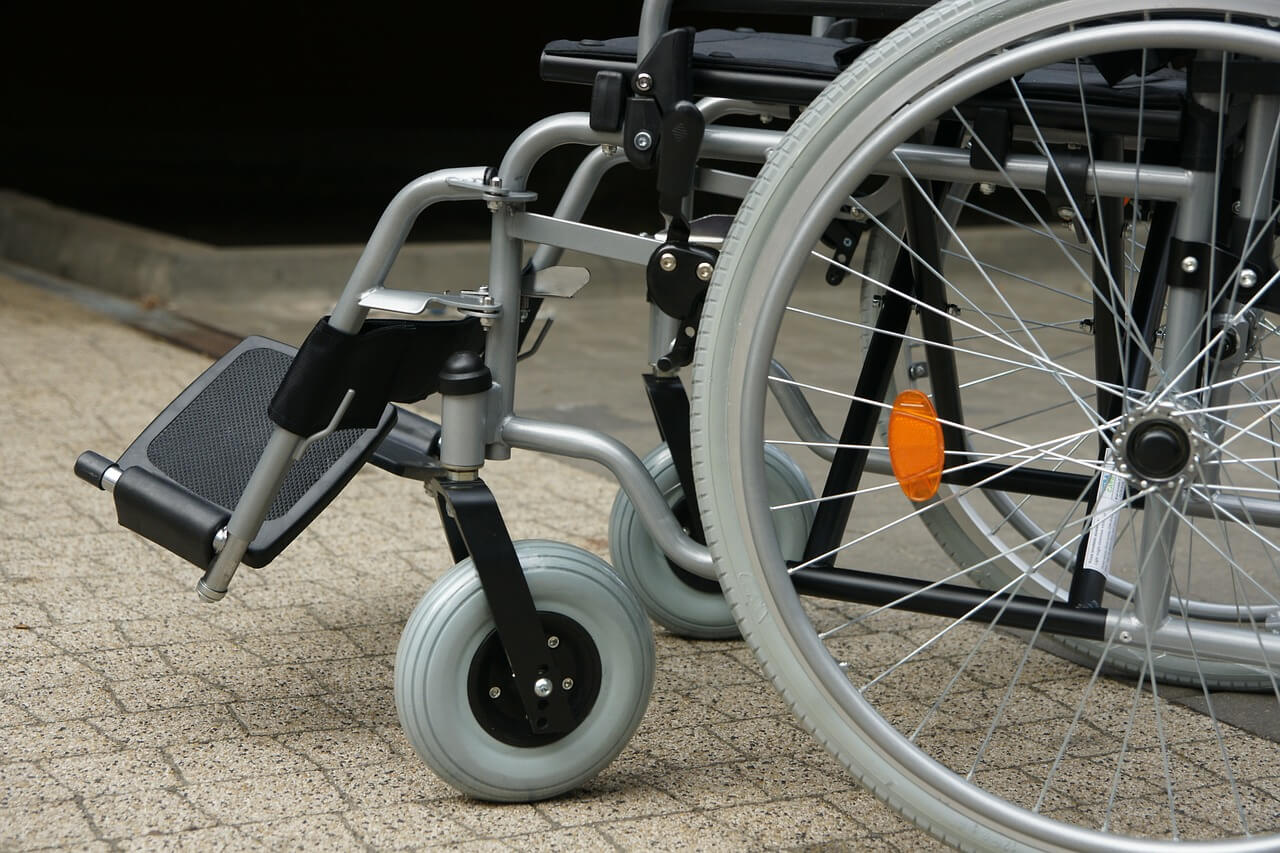
Age Discrimination Based on WV Substantially Younger Rule
No matter where you do business, it is important to know the legal standards that apply to potential employee lawsuits, including age discrimination claims. Since 1996, federal age discrimination cases have been governed by the “substantially younger” rule outlined by the United States Supreme Court. Does this rule apply to claims of age discrimination under West Virginia (WV) law? In other words, does a WV substantially younger rule exist?

Whole Body Medical Impairment Ratings in WV: A New Rule
Employers and insurers should take note of a West Virginia Supreme Court decision involving permanent total disability thresholds. In March 2017, the Court issued its decision in Cooper v. Appalachian Power Company, determining that the Rule 20 spine impairment tables must be used when calculating whole body medical impairment ratings in WV.

You Should Now Be Using the New I-9 Form in WV
Starting in January 2017, employers were required to start using a new I-9 form in West Virginia (WV) and nationwide. In a nutshell, the I-9 is the form that employers must complete in order to verify the identity and work eligibility of employees.
The new I-9 form has frequently been updated, with the latest iteration being announced on July 17th, 2017. Both employers and employees are required to complete the form, with both citizens and non-citizens being affected by this legal requirement for employment. Employers who fail to use the new form "may be subject to all applicable penalties," according to the U.S. Immigration and Customs Enforcement agency ("ICE").

West Virginia Medical Professional Liability Act Amendments
In 2017, the West Virginia Legislature amended several statutory provisions of the West Virginia Medical Professional Liability Act ("MPLA"), W. Va. Code § 55-7B-1 et seq, related to nursing home liability in WV. The WV MPLA governs the litigation of claims of medical malpractice liability in WV. The WV MPLA amendments provide a statutory definition of "occurrence" and set forth a shortened statute of limitation and preferred venue for claims brought against nursing homes, assisted living facilities, acute care hospitals or their employees, and other related entities.

Surveillance of Workers’ Compensation Claimants: Is It Legal in West Virginia?
The attorneys at Jenkins Fenstermaker, PLLC are often asked whether it’s permissible to use surveillance of workers’ compensation claimants in West Virginia and, if so, how that evidence may be used. Consider this common scenario:
The treating physician diagnoses the claimant with very serious conditions and prescribes many treatments, including the long-term use of opioid pain medications. Surveillance evidence would tend to make this treatment seem highly unnecessary. The employer wants to approach the treating physician with the surveillance to see if he will stop providing treatment that is clearly unnecessary in light of the tasks the claimant is seen doing in the surveillance video.

